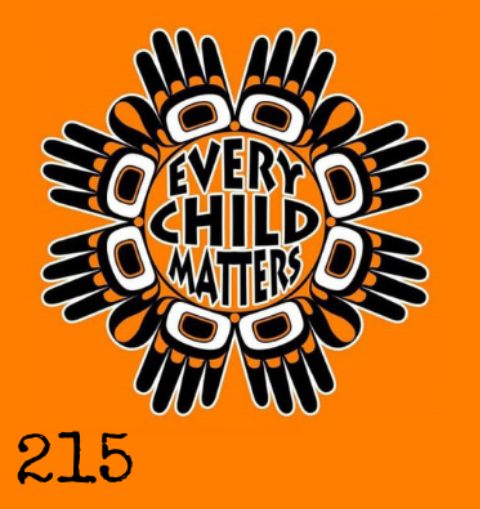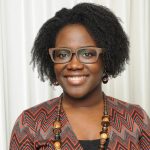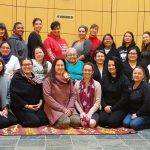The discovery of a mass grave of 215 Indigenous children at the site of the former Kamloops Residential School is a sobering discovery which confirms what Indigenous communities have long known. While we collectively grieve, this news effects our Indigenous colleagues at the National Aboriginal Council of Midwives in profound ways. This news takes an enormous toll on the hearts and energy of our Indigenous midwife colleagues, as they work continuously to care for their communities whilst grieving with their families and communities.
In solidarity, CAM would like to express our deep condolences and our continued commitment to stand beside NACM in all their work. Particularly, we will continue our important joint advocacy work together to move the needle on Indigenous midwifery in Canada, and globally. We will advocate for a renewal of funding for Indigenous midwifery, and center NACM as the experts in Indigenous reproductive health. We also commit to doing our work, to implement anti-Racist approaches to our partnerships, implement anti-Racist policies, and offer anti-Racist trainings to board, staff, volunteers and members. It is our hope that these trainings and resources will support midwives, educators, regulators and advocates to implement anti-Racist frameworks that prioritize the needs of Indigenous communities and result in more equitable care. Among Indigenous midwives, it has always been clear that the violence against Indigenous people is pervasive and deeply entrenched in our health, education, policy, legal and other systems. As non-Indigenous people, our tendency is to wait on reports and the findings of Federally appointed commissions to validate what Indigenous people already know. While research and evidence-gathering serve a purpose, we should not wait for this to validate the truth that is already known.
It is our job to turn the tide alongside our colleagues. To do our part to spur our own communities and communities-of-practice out of ignorance and indifference, including within the non-Indigenous counterparts in the health care and health provider education system and in the lobby groups, collectives, research and policy groups. To center the knowledges and experiences of Indigenous people while we do our part.
In June, CAM will release its position statement on addressing anti-Indigenous racism in the health and education systems. The position statement will list CAM’s commitments to combatting anti-Indigenous Racism and will include a call to action from other organizations and government.



